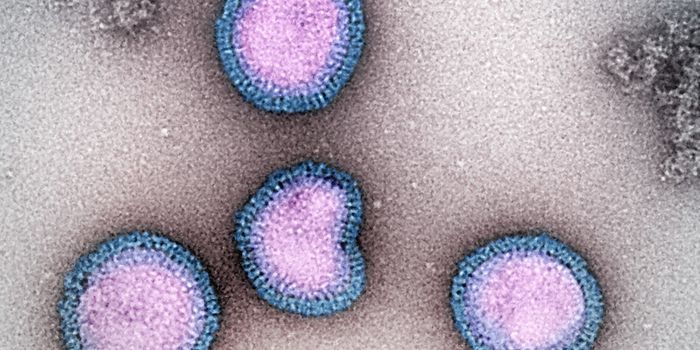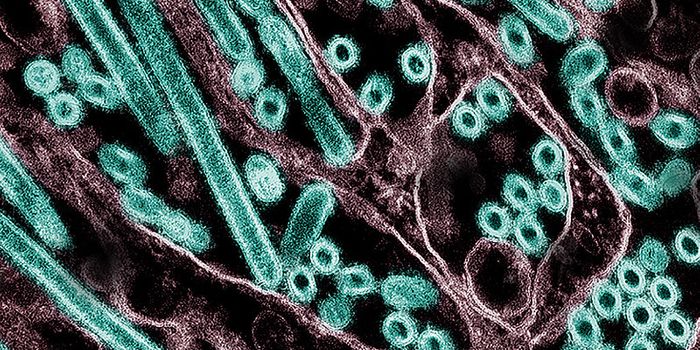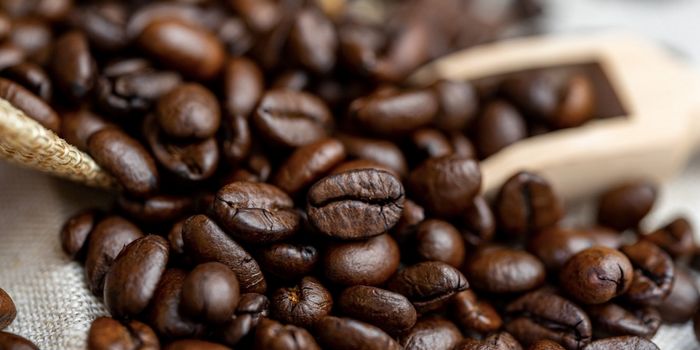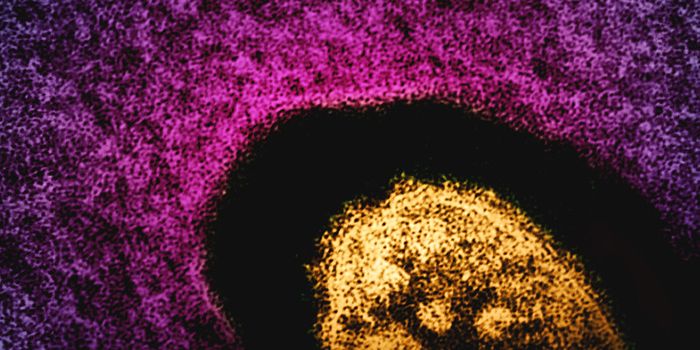Why Some Are Naturally Better at Preventing Urinary Tract Infections
Urinary tract infections (UTIs) can be very painful and can cause nausea, chills, and fever. A pathogenic strain of E. coli is often to blame for these infections. They can become chronic in some people, and if they are left untreated they can be fatal. Antibiotics can usually treat UTIs, and the body naturally produces a protein called uromodulin that can provide some protection against UTIs. Some people carry a small change in their uromodulin gene that enables them to generate about 70 percent more of it than other people. This high uromodulin level lowers their risk of getting a UTI. Researchers have now learned how uromodulin exerts this protective effect.
In this work, which was reported in Science, a team of researchers studied the uromodulin structure and how it binds to E. coli for clues to how it neutralizes the pathogen that can cause UTIs.
"We already knew that a bond is formed and that this presumably plays a part in uromodulin's protective function, but nobody had studied this in greater detail," said study author Gregor Weiss, a doctoral student in molecular biology at ETH Zurich.
Pili, filaments that grow on the bacterial pathogen, have a strong affinity for uromodulin and bind them strongly. The scientists used cryo-electron tomography to determine that uromodulin can form long chains that are made up of an average of 400 individual proteins. This chain is what the pili like to bind to, and each chain can link to several pili. The microbe is literally enveloped by the uromodulin chains. Large clumps of E. coli and uromodulin were seen forming. These clumps are thought to be excreted in urine when this happens in the body.
"This neutralizes the pathogens," explained Weiss. "Once the bacteria are shielded in this way, they can no longer bind to the cells in the urinary tract, which means they can't cause infection."
The researchers confirmed these findings in patients by checking urine samples from people with UTIs; they saw the same interactions.
UTI patients have sometimes been given a type of sugar molecule called mannose as a way of preventing UTIs. "Thanks to our analyses, we now know that the bacterial pili recognize not only mannose but also other sugars present on uromodulin," explained study author Jessica Stanisich, doctoral student. "This might indicate that treatment with combined sugar supplements would be more effective."
This work can also help inform the development of new treatments; active substances shouldn't break down the links between E. coli and uromodulin.
"It would obviously be a highly undesirable side effect for a drug if that treatment simultaneously interfered with a natural protective function," said ETH Professor Rudi Glockshuber.
Sources: AAAS/Eurekalert! via ETH Zurich, Science








